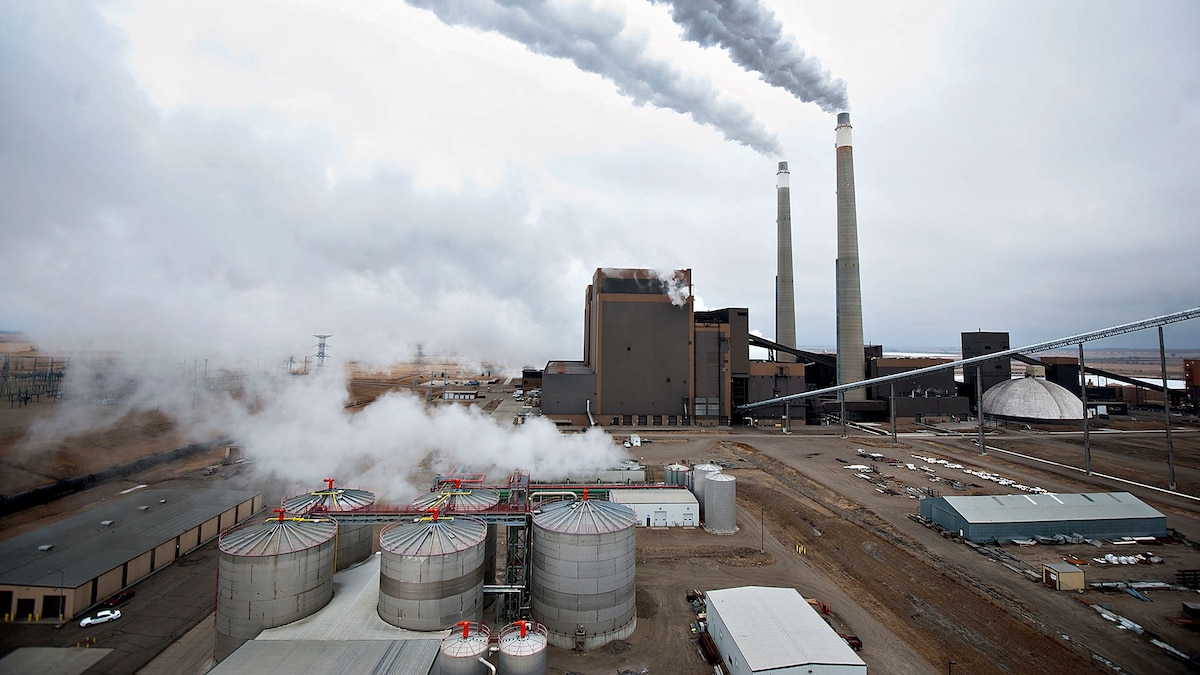In the world of environmental policies and regulations, even the smallest changes can spark significant debates. The recent revelation that the Environmental Protection Agency (E.P.A) intends to relax restrictions on mercury emissions from power plants has sent shockwaves through the industry and beyond. Let’s delve into this unfolding story to understand its implications fully.
“The agency plans to weaken limits on toxic emissions from power plants while also scrapping restrictions on planet-warming greenhouse gases.”
Picture this: a coal-fueled power plant in Robertson County, Texas belching out plumes of smoke into the clear blue sky. This imagery is at the heart of a brewing controversy surrounding E.P.A’s upcoming regulatory adjustments. According to an internal document obtained by sources within the agency, E.P.A Administrator Lee Zeldin is gearing up to unveil proposed changes that would dial back stringent measures put in place during the Biden administration.
“Mr. Zeldin also will release a separate proposal to eliminate limits on greenhouse gases from power plants.”
These planned revisions have raised concerns among environmentalists and health advocates who fear that rolling back these regulations could have dire consequences for public health and exacerbate climate change issues. The move appears to be part of a broader strategy championed by the Trump administration aimed at bolstering the utilization of fossil fuels, particularly coal – a notorious contributor to global warming.
“Once finalized, likely at the end of this year, both rules are expected to face legal challenges.”
As whispers about these impending changes echo through Washington corridors, one thing is certain – legal battles are on the horizon once these rules are formally enacted towards year-end. The clash between those advocating for stringent environmental protections and proponents of deregulation is set to intensify as stakeholders gear up for what could be a protracted courtroom showdown.
The rationale behind these proposed alterations remains murky with critics questioning their alignment with broader efforts to combat climate change and reduce harmful pollutants in our atmosphere. With each side presenting compelling arguments, it’s evident that finding common ground amidst diverging viewpoints will be no easy feat.
Expert Insights:
To shed light on this complex issue, we reached out to Dr. Emily Hayes, an esteemed environmental policy analyst with over two decades of experience in regulatory matters. Dr. Hayes believes that while revisiting existing regulations can sometimes yield benefits in terms of operational flexibility for businesses, caution must be exercised when potentially compromising public health and ecological well-being.
Speaking further on potential ramifications, she emphasized the importance of striking a balance between economic interests and environmental stewardship: “It’s crucial for policymakers to navigate these waters thoughtfully so that any modifications made do not undermine hard-fought gains achieved in safeguarding our environment.”
With uncertainty looming over how this unfolding saga will play out, one thing remains certain – discussions around environmental protection will continue evolving as diverse stakeholders seek paths towards sustainable coexistence between industry needs and ecological imperatives.
As we await further developments on E.P.A.’s proposed regulatory shifts, let us reflect on how pivotal decisions made today can resonate far into our shared future – shaping landscapes not just physically but ethically as well.









Leave feedback about this